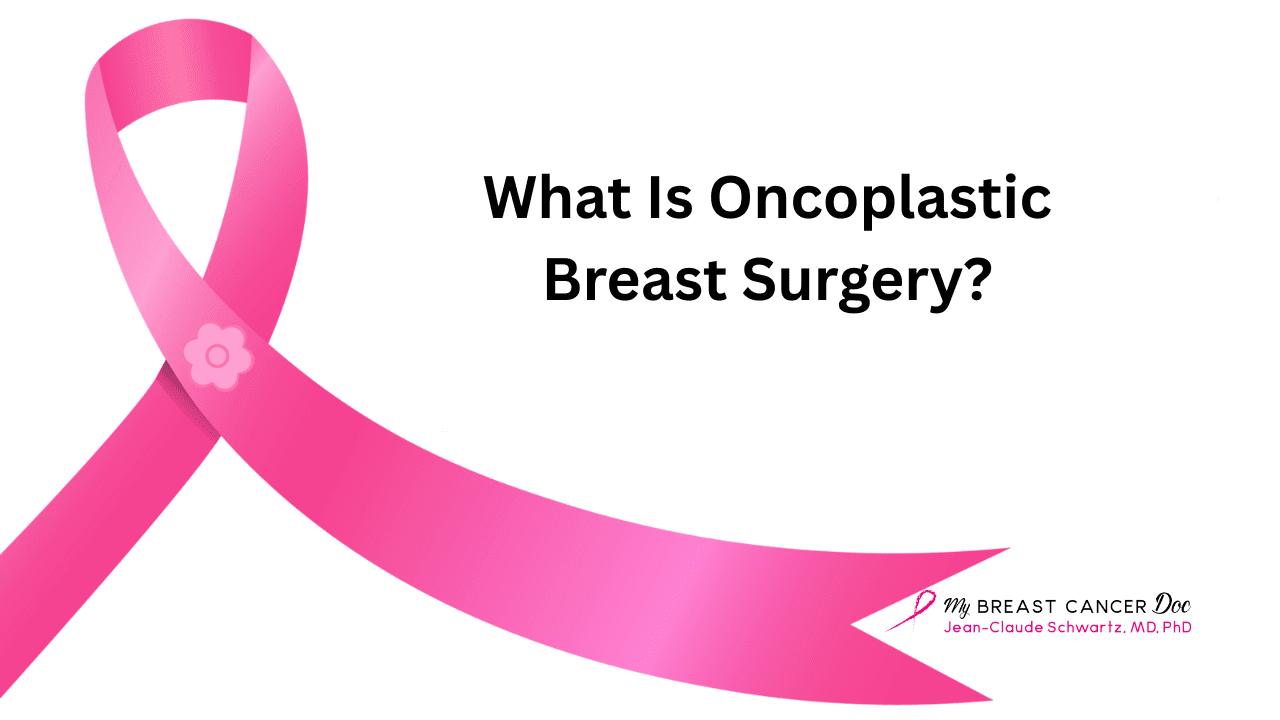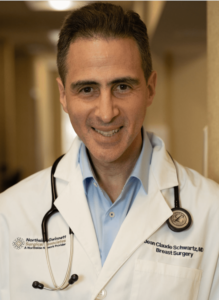Fax: 770-339-9804
Lawrenceville, Georgia 30046

A breast cancer diagnosis brings overwhelming decisions—about health, body image, and identity. But what many patients don’t realize is that today’s surgical options can do more than remove cancer—they can preserve your confidence, femininity, and sense of self.
That’s the power of oncoplastic breast surgery.
What Is Oncoplastic Breast Surgery?
Oncoplastic breast surgery combines two specialties:
This approach allows patients to undergo necessary cancer treatment while also maintaining breast symmetry, minimizing scarring, and reducing long-term emotional distress.
Unlike traditional lumpectomies or mastectomies, oncoplastic surgery is designed to care for the whole patient—not just the disease.
Key Benefits of Oncoplastic Surgery
Patients often ask, “Is oncoplastic surgery right for me?” Here’s why more and more women are choosing this option:
In many cases, women who might have been told they need a mastectomy could be candidates for breast-conserving surgery thanks to oncoplastic techniques.
A Healing Journey That Honors Your Identity
For many women, the emotional toll of breast cancer surgery goes beyond the physical scars. How we see ourselves in the mirror—how we feel in our own bodies—can shape the recovery process just as much as medical treatments.
Patients who choose oncoplastic surgery often tell me:
When Should I Talk to an Oncoplastic Breast Surgeon?
The earlier, the better. Ideally, patients explore surgical options at the time of diagnosis—before treatment plans are finalized.
Meeting with an oncoplastic surgeon early allows for:
Whether you’re newly diagnosed or seeking a second opinion, it’s never too early to ask questions or learn what’s possible.
Let’s Talk—You Deserve to Know Your Options
You deserve a treatment plan that prioritizes both your health and your confidence.
If you’re facing breast surgery or exploring your options, I’m here to help. As an oncoplastic breast surgeon, my goal is to treat the cancer while honoring who you are—and how you want to feel moving forward.
You have more options than ever before—options that treat the cancer while preserving your sense of self.
Contact me today to schedule a consultation, get a second opinion, or simply talk through your options in a supportive, compassionate space.
Recovery Guide: What to Expect After Oncoplastic Breast Surgery
Days 1–3: Rest & Gentle Recovery
Tip: Sleep on your back with pillows to elevate your upper body.
Week 1: Light Movement & Monitoring
Watch for:
Weeks 2–4: Building Strength
Tip: Light yoga, breathing exercises, or short walks can improve circulation and emotional well-being.
Week 4–6: Gradual Return to Normal
Long-Term Healing:
Emotional Recovery Matters, Too
Healing isn’t just physical. Many women experience:
You are not alone—and support is available.
You Deserve Options That Honor You
Oncoplastic breast surgery is about more than technique—it’s about empowerment, confidence, and complete healing. Whether you’re just diagnosed or seeking a second opinion, your voice, body, and choices matter.
Frequently Asked Questions About Oncoplastic Breast Surgery
If you have early-stage breast cancer and are considering a lumpectomy or breast-conserving surgery, you may be an excellent candidate. Factors include tumor size, breast size, cancer location, and personal preferences. Always ask your surgeon for a consultation early in your diagnosis.
Yes. Oncoplastic techniques are evidence-based and performed by surgeons trained in both oncology and plastic surgery principles. Studies show equal or better oncologic outcomes compared to traditional surgery—with improved aesthetic and psychological results.
In most cases, yes—especially when it’s part of medically necessary cancer treatment. Reconstruction and symmetry procedures are often covered by insurance under federal laws like the Women’s Health and Cancer Rights Act (WHCRA). Check with your provider for specific coverage details.
Recovery time is similar, though you may experience more initial bruising or swelling due to reshaping. The long-term payoff is often better symmetry and satisfaction. See the recovery guide below for details.
Absolutely. Oncoplastic surgery does not limit future options. In fact, it often preserves more natural tissue, which can make future reconstruction (if needed) more successful.
Look for a board-certified breast surgeon or surgical oncologist with additional training in oncoplastic or reconstructive techniques. Don’t hesitate to ask about their approach, experience, and before/after photos.
Have more questions? Reach out today to explore your options with compassionate, personalized care.
Jean-Claude Schwartz, MD, PhD – Breast Cancer and Reconstructive Surgeon
 Dr. Schwartz is a highly respected national leader in oncoplastic breast surgery. He is a preferred provider for the majority of insurance plans and is highly recommended by insurance companies and patients alike. By performing most of his surgeries in an outpatient ambulatory center, he is able to save his patients on hospital costs, co-pays, and more.
Dr. Schwartz is a highly respected national leader in oncoplastic breast surgery. He is a preferred provider for the majority of insurance plans and is highly recommended by insurance companies and patients alike. By performing most of his surgeries in an outpatient ambulatory center, he is able to save his patients on hospital costs, co-pays, and more.
As a breast surgeon and reconstructive surgeon, he is able to perform most mastectomies and reconstructions in one surgery, saving his patients time and money by seeing only one expert, paying only one set of deductibles and co-pays, and most importantly, reducing time spent in the operating room while providing unparalleled results.
Dr. Schwartz and his entire staff specialize in breast surgeries, and as such, are highly experienced in dealing with insurance companies. They can provide guidance and invaluable information to women undergoing breast reconstructive surgeries. Additionally, as part of the Northside Hospital system, patients benefit beyond Dr. Schwartz’s practice.
Dr. Schwartz is always accepting new patients diagnosed with breast cancer and makes it his priority to see them immediately, despite his very busy schedule.
Click to SCHEDULE YOUR CONSULTATION TODAY!